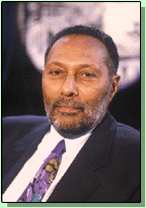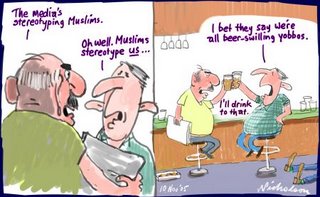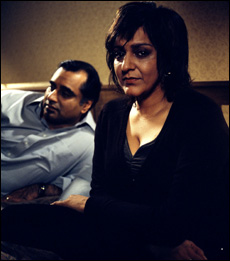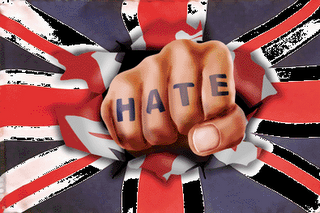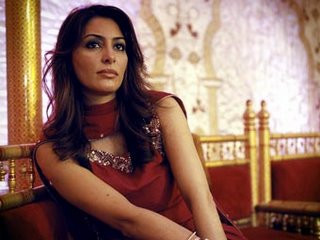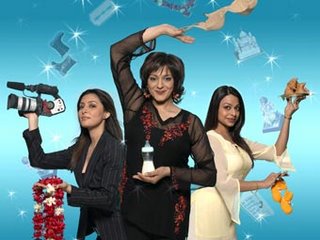Genre: drama series adapted from Meera Syal’s bestselling novel- tale of friendship and shocking betrayal, conventions include twists, vast amounts of empathy and sympathy and use of cliffhangers in order to increase the anticipation of the next episode.
Representation: Many argue that the drama is relevant to all people despite ethnic origin however ultimately it’s an all-Indian cast. Does the drama employ positive/negative stereotypes, does it try too hard to demonstrate that Asians are fully integrated into society or does it actually succeed in breaking away from pigeonholed representations?
Audience: Primary-Asians Secondary- All other ethnic groups-attempts to break into mainstream, shown after watershed so was aimed at older audiences.
Ideology and values: Postmodernism, feminist, patriarchy and Marxist-dominant ideologies.
Narrative: Todorov-twists and cliffhangers.
Social context: does the programme show that Asians have embraced British culture, role of women-rise of Feminism. Multicultural society-acceptability of such a programme.
Historical context: influx of Asians in the 60s-have stereotypes changed or are they relative (postmodern)?
Economical context: Brown pound, the funding of Asian lifestyle dramas.
Political context: The role of the labour party-more integration and opportunity to climb the occupational ladder. Perhaps programme reflects political mood of Britain; uncertainty?
Other texts: “Anita and Me,” “East is East,” “Bradford Riots,” “Goodness Gracious me” and “Bend it like Beckham.”
Theorists/theory: Laura Mulvey, Marxist (oppression of Asians via capitalist/dominant ideology), Feminism-liberation/oppression, Patriarchy in Asian culture, 'racial clown'- Stuart Hall.
